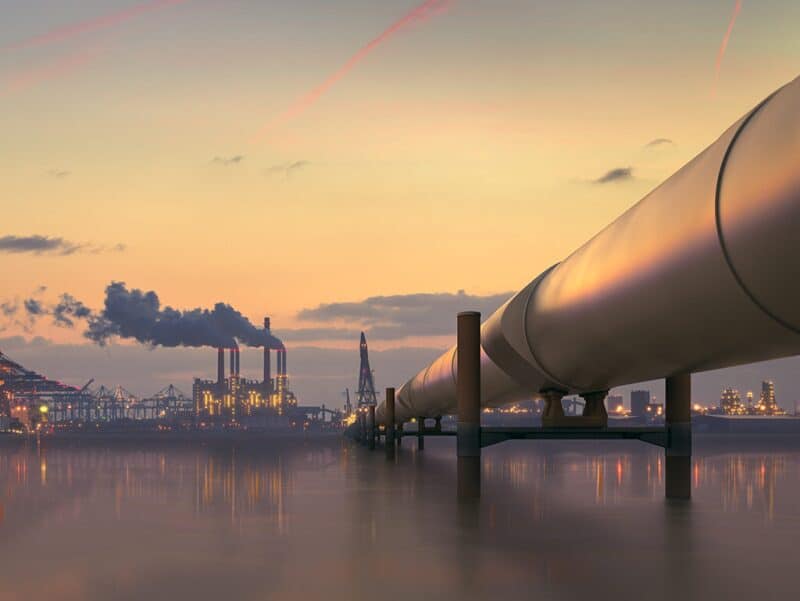Europe continues to face challenges to its energy system, both in terms of high energy prices and the sustained uncertainty about its future security of supply caused in large part by the ongoing Russian invasion of Ukraine. Europex has been continuously supportive of the European Commission’s communications on using market-based instruments to address high energy prices (e.g. the tool box proposal of October 2021) and diversify Europe’s energy supply. However, as regards the new REPowerEU Plan published on 18 May, we have serious concerns about several of the proposed short-term emergency measures as they risk threatening the integrity and functioning of the Internal Energy Market. Particularly, we deem the suggestion to introduce an EU-wide natural gas price cap in case of a full disruption of Russian gas deliveries as well as the proposal to tolerate subsidies for fuel costs in power production to be highly market distortive with durable negative impacts on the functioning of the overall EU Internal Energy Market. Both measures have also been rated distinctly market distortive in the recent ACER Final Assessment of the EU Wholesale Electricity Market Design.[1]
Commission Communication on short-term emergency measures and options for long-term improvements
The Commission’s suggestion of an EU-wide price cap for natural gas in case of a full disruption of Russian gas supplies risks seriously distorting Europe’s energy market at a time when it would be most needed. Rather than leading to a reduction in gas demand, a gas price cap will most likely incentivise higher gas consumption as it would not sufficiently encourage energy savings and possibly lead to an increase of power production from natural gas. This is not only counterintuitive but would worsen the security of supply situation at a time of severe scarcity. In addition, it would seriously hamper the orderly price formation in the energy wholesale market and prevent a continued accurate reflection of the current and expected future status of the energy system, including the actual demand and supply situation. As a result, market participants would stop acting efficiently and the system costs would increase significantly. Importantly, a natural gas price cap would also render Europe a less attractive destination for global LNG supplies – again, in a situation when they would be most needed.
Another critical point concerns the proposal to allow “subsidies for fuel costs in power production to reduce the electricity price”. While made conditional to “regions with very limited interconnection”, any such scheme rolled-out at large scale in Europe will significantly undermine the functioning of energy wholesale markets as it introduces different levels of power production costs, changes in the merit order, changes to energy flows (for both natural gas and electricity and potentially other energy commodities too) with negative effects on cross-border exchanges and ultimately higher energy system costs that will either be borne by energy consumers or taxpayers.
Finally, the suggestion to allow for the extension of national claw-back mechanisms for infra-marginal rents beyond 30 June 2022 until (at least) the end of the “next heating season” bears the risk of making this a more permanent instrument which would have detrimental effects on the ability of energy companies to invest in the energy transition.
Competitive, free energy markets in Europe continue to ensure the most efficient use of production resources, cross-border interconnector capacities and demand-side flexibility to meet demand in a system secure way. Hence, we fully agree with Kadri Simson, the Commissioner for Energy, who on Wednesday last week stated that “The EU has put in place a well-functioning and interconnected energy market that continues to provide reliable energy supply in today’s challenging situation.” The solutions put forward to address the current situation should be in line with the integrated Internal Energy Market and not put it into question. This was also clearly outlined in ACER’s recent “Final Assessment of the EU Electricity Market Design” and would help to safeguard the significant benefits of an integrated European energy system for consumers and society at large.
[1] ACER’s Final Assessment of the EU Wholesale Electricity Market Design, p. 59, Figure 29: Spectrum of possible structural-interventionist measures relevant for the EU electricity market (non-exhaustive)
Attachments
-
 20220523_Europex_REPowerEU Plan_initial reaction
20220523_Europex_REPowerEU Plan_initial reaction
File size: 82 KB

